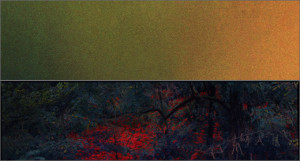 Taiga Remains’ ghost walks amongst us, the last hurrah having come some five years back with the blown-out drone of Wax Canopy (Digitalis), while plain old Alex Cobb has carried on active as ever with the split LP (Low Point), Passage to Morning on his own Students of Decay, and now latest, Marigold and Cable (Shelter Press). Works for Cassette may sound like a spectral transmission from the great beyond, but is rather a revenant—a re-issue curated by Helen Scarsdale Agency, agents for experimental drone types like Jim Haynes, Coelacanth, irr. app. (ext.), and Matt Shoemaker. Through their agency tracks from two long OOP tapes—Beneath the Weeping Beeches (Ekhein) and Thereafter (Arbor)—are assembled into a set of great axe-scapes tapping back into the same period as Taiga’s tumbleweed guitar classic, Ribbons of Dust (Root Strata).
Taiga Remains’ ghost walks amongst us, the last hurrah having come some five years back with the blown-out drone of Wax Canopy (Digitalis), while plain old Alex Cobb has carried on active as ever with the split LP (Low Point), Passage to Morning on his own Students of Decay, and now latest, Marigold and Cable (Shelter Press). Works for Cassette may sound like a spectral transmission from the great beyond, but is rather a revenant—a re-issue curated by Helen Scarsdale Agency, agents for experimental drone types like Jim Haynes, Coelacanth, irr. app. (ext.), and Matt Shoemaker. Through their agency tracks from two long OOP tapes—Beneath the Weeping Beeches (Ekhein) and Thereafter (Arbor)—are assembled into a set of great axe-scapes tapping back into the same period as Taiga’s tumbleweed guitar classic, Ribbons of Dust (Root Strata).
Taiga Remains :: Works for Cassette (Helen Scarsdale Agency)—Setting out with “Sup Pralad,” signature Taiga Remains guitar tones pick a way through their own reverberant trails, sitar-esque overtones and reverse motifs swim up then fall back into the aether, a soft carpet of tape hiss and saturation a backdrop against which the ceremonials are projected. “There’s Nothing” finds guitar lost at sea, in a drowned world of drift. “Skin, Leaves” is the loneliest and least modulated, turning more troubled in tenor two-thirds of the way, ending distinctly doleful. The last two tracks, from Thereafter, recorded slightly later, are perhaps closer to more serene recent work—more refined than those from Beeches. Tape’s state-altering properties again grant a gratifying grain, feedback edges affording engaging high-end indeterminacy to the warm swells of “Winter Tai-Tung,” a time-lapse mantra of harmonized overtone clouds evolving through a state of perpetual (un)becoming. The decay of Cobb’s studies lies in one figure chromatically dissolving, diffusing in turn into another, cycling on to meet its successor, vapor trails left in suspension. On “Spring Shan-Lin-Shi” smears of glowing legato tones indulge in wavering interplay, the only gesture to dynamics a periodic of mercurial moves over guitar strings releasing remote surface resonances. Methods and materials may be familiar—Cobb may well have spent time at the Chalk face, dallied in Eliane’s den, but he takes the best of the genre tropes, and bends them to his hypnagogue will and tonal wiles—at once spectral and immersive, soothing and intense. With chewier recent Cobb available, some may query the need to go back, but these pieces are ear-piquing enough to those who may have missed out originally. Ultimately, the rewards of Works for Cassette need to be worked for, ‘experimental’ demands coming not from any compositional or tonal extremes, but the depth of listening required for its effect to be fully felt.
Alex Cobb :: Marigold and Cable (Shelter Press)—In his most recent work Cobb indulges his more soft-pedalled side, though there’s variation between early and later pieces. Much is made of no loops or synthesizers having been used in its recording—an appeal, presumably, to a greater sense of authenticity—to Keeping It Real™ (‘real’-time, ‘real’ guitar), though substantial processing is used, so this detail of compositional process may be somewhat otiose. We are told it was informed by the weather pattern of its place of recording—coastal South California, late spring, ‘when cool temperatures and overcast skies belie the region’s usual warmth and sunshine.’ Wafts of fulsome drone spool out over opener “Famosa”, its unadorned shimmer’n’drone wall of guitar as restrained in length as its reined in successor is extended: “Rain at the Fete” has about it a cooler, more deliberate, composed feel, more than mere swells and billows of indeterminate guitar shimmer—more of an early-SotL complexioned pastoral dérive; it makes as if life were as yet only fitfully returning, light not let through in full stream; more questing in its drawn out tenuous warbling notes creeping pale-and-interestingly through the mix, mirroring a rain falling relentlessly then turning crepuscular late in the day. “Oversong” hosts further subdued axe-wrung shimmer, with Maxwell August Croy’s koto nicely marbling Cobb’s bliss-out with more metallic timbres and mercurial harmonics. The closing “Marine Layer” is a long-form revisit of the bleary-eyed expanse of “Rain…,” bucolic mien offset by a subtly dissonant overtone haze flickering with errant feedback flecks. Ultimately somewhat reticent in its artfully unresolved tension, Marigold and Cable is nonetheless a setof elegiac sustain and mid-range shimmer that will appeal to the quieter of the post-Kranky post-rock/space-drone lovers.
Works for Cassette is out now on Helen Scarsdale Agency, Marigold and Cable on Shelter Press.






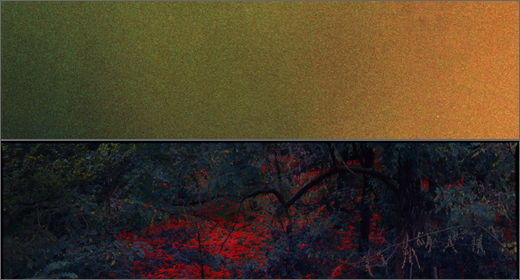




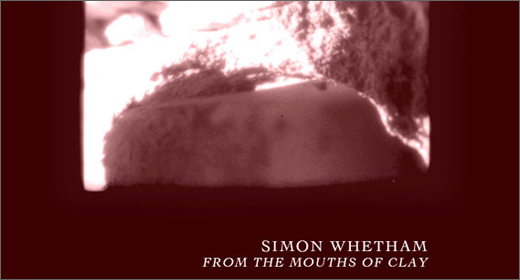
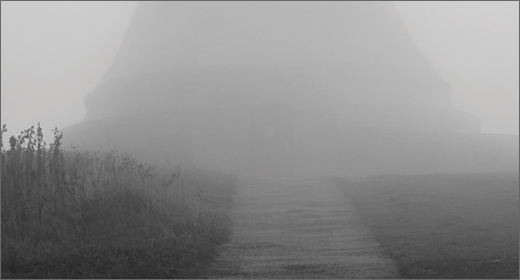
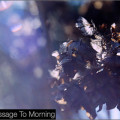
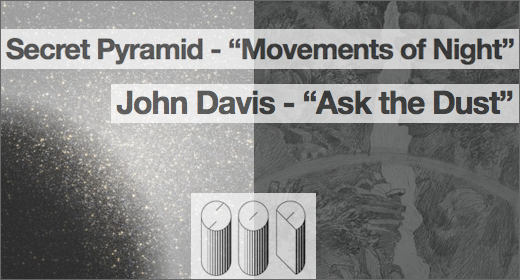
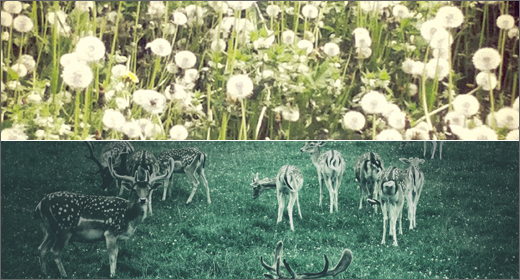
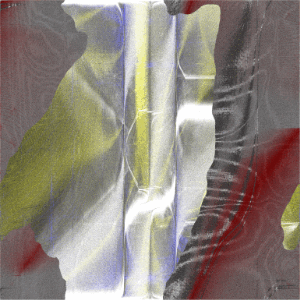







![Luke’s Anger :: Ceiling Walker EP (Love Love) — [concise]](https://igloomag.com/wp/wp-content/uploads/2025/04/lukes-anger-ceiling-walker-vinyl_feat-75x75.jpg)

